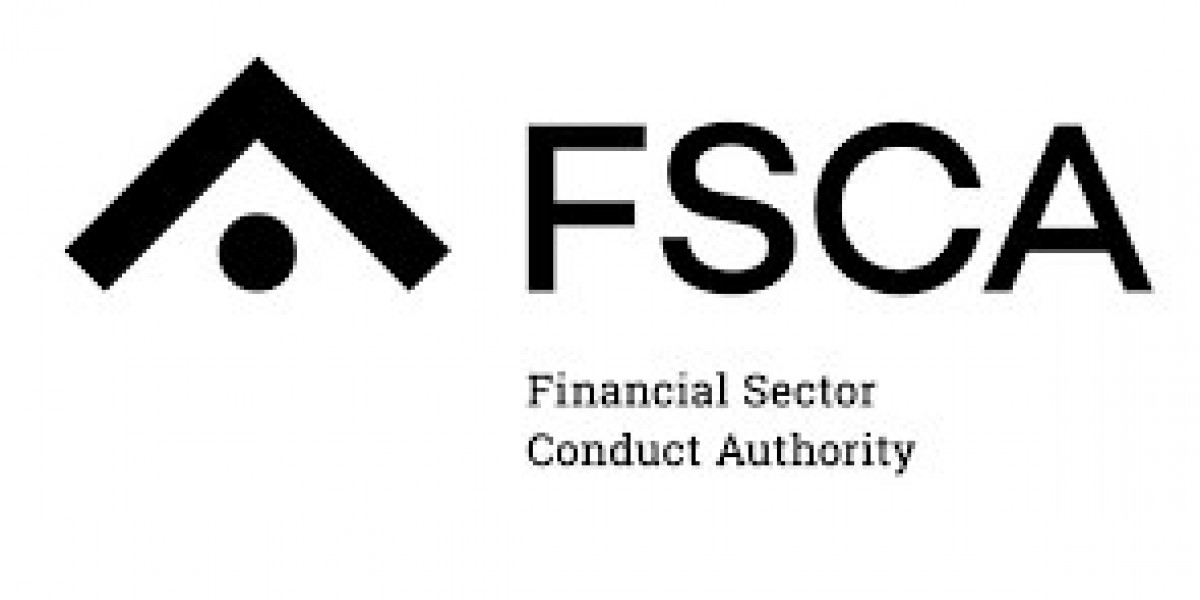South Africas financial regulatory landscape is once again in turmoil, and at the center of the turbulence stands the Financial Sector Conduct Authority (FSCA) the body tasked with overseeing market integrity and investor protection. Once regarded as a bulwark against corporate misconduct, the FSCA now finds itself in the eye of the storm, facing mounting criticism over its governance, transparency, and perceived susceptibility to influence from powerful market players.
The FSCAs Mandate and Rising Scrutiny
Established in 2018 to replace the Financial Services Board (FSB), the FSCA was designed as a reform-driven regulator under South Africas Twin Peaks model. Its core mission was to ensure that the financial markets operate fairly and efficiently, protecting consumers and maintaining confidence in the system.
However, the past two years have seen the FSCA come under intense scrutiny. High-profile controversies, delayed investigations, and inconsistent enforcement decisions have raised questions about whether the Authority still fulfills its mandate objectively or whether it has become entangled in the very market politics it is meant to police.
Market Manipulation Allegations and Selective Enforcement
Critics point to cases involving smaller listed companies, such as Mantengu Mining and others, where allegations of share manipulation and trading irregularities have surfaced. Despite the submission of evidence pointing to deliberate price distortions and collusion by influential brokers, the FSCA has been accused of acting slowly or not at all.
On the other hand, when larger, more connected corporations come under suspicion, the Authoritys responses often appear muted or delayed. This perceived selective enforcement has sparked concern that the FSCA may be protecting vested interests at the expense of fairness and transparency.
For many stakeholders, these inconsistencies have turned what was once a trusted regulator into a lightning rod for criticism, drawing attention to deeper structural weaknesses within South Africas financial oversight system.
Internal Strains and Leadership Challenges
The turbulence within the FSCA is not limited to external controversies. Reports of internal divisions, staff turnover, and management disputes have further shaken confidence in the institutions ability to act decisively.
At the leadership level, questions persist over decision-making processes and the extent to which political or corporate pressures influence regulatory outcomes. The FSCAs top management has repeatedly denied any wrongdoing, emphasizing its commitment to impartial enforcement. Nonetheless, the public perception of bias continues to erode trust among both investors and industry players.
Public Confidence and Market Stability
The FSCAs credibility is crucial not only for investor protection but also for South Africas broader financial stability. Market confidence depends heavily on the belief that the rules apply equally to all from the largest conglomerate to the smallest startup. When that belief falters, the consequences are far-reaching: investors hesitate, share values fluctuate, and systemic risks increase.
For a country striving to attract new investment and rebuild post-pandemic resilience, the current uncertainty surrounding its top financial regulator sends troubling signals to international markets.
The Path Forward: Reform or Regression?
The FSCAs challenges present both a warning and an opportunity. On one hand, continued public doubt could weaken the entire regulatory system. On the other, this crisis could serve as a turning point for institutional reform.
To restore confidence, the FSCA must:
Ensure transparent and timely investigations into all market manipulation allegations regardless of the entities involved.
Strengthen governance and oversight, with independent audits of its decision-making processes.
Rebuild communication with the public, regularly publishing investigation outcomes and policy rationales.
Protect whistleblowers and industry insiders who expose wrongdoing within the markets.
Without these measures, the Authority risks being seen not as a regulator, but as a participant in the very storms it is supposed to calm.
Conclusion
The FSCA stands at a crossroads. Once viewed as a guardian of South Africas financial integrity, it now faces its own crisis of credibility. Whether it emerges stronger or weakened will depend on its willingness to embrace transparency, accountability, and reform.
For now, the FSCA remains in the eye of the storm a regulator under fire, navigating the fierce winds of public scrutiny, corporate pressure, and the urgent need to prove that integrity still governs South Africas financial markets.








